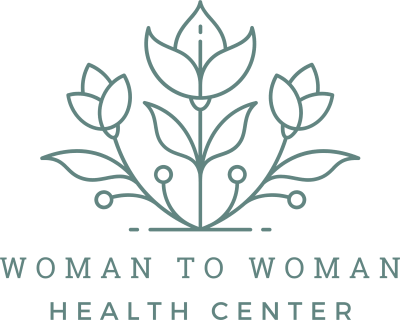There’s been a lot of talk in the media lately about one of the abortion pill drugs known as mifepristone. If you’re wondering why this drug is making headlines, one of the main reasons is that in a recent court case in Texas, known as Alliance for Hippocratic Medicine v. FDA, a federal judge recently ruled that the FDA shouldn’t have approved mifepristone in 2000.
Read on to learn more about mifepristone, what the court case was all about, and the current implications of the case.
What Is Mifepristone?
From the moment of conception (when the sperm meets the egg), the hormone progesterone helps sustain the pregnancy by encouraging the uterine lining to remain thick and full.
Mifepristone is a drug that works by blocking progesterone in a pregnant woman’s body. Without progesterone, the thick uterine lining thins, and the pregnancy ends as a result.
What’s the Current Controversy?
Although the FDA approved mifepristone for the termination of a pregnancy up until ten weeks in 2000, many advocacy groups have been concerned about the drug’s safety.
One particular group, Alliance for Hippocratic Medicine, in Alliance for Hippocratic Medicine v. FDA, claims that when the FDA first approved mifepristone, that approval was fast-tracked “without sufficient scientific evidence.”
The lawsuit also concerns the FDA’s recent relaxing of certain restrictions. When the FDA originally approved mifepristone, certain criteria needed to be met in order to dispense the drug. These pre-purchase requirements included:
- The pregnancy had to be less than 50 days old.
- Three in-person office visits had to be completed by a qualified physician.
- All side effects had to be reported.
However, in 2016, the FDA changed these pre-distribution requirements, stating that the pregnancy could be as old as 70 days, only one office visit was required, non-doctors could prescribe the drug, and only fatal events needed to be reported.
Then, due to the pandemic, the FDA allowed women to receive abortion pills by mail at the discretion of the medical provider.
The Alliance for Hippocratic Medicine argues that these changes and approvals go beyond the FDA’s authority.
What Does This Mean for Me?
The Supreme Court ruled in favor of the FDA for now, meaning that, in states where abortion is legal, women can still receive mifepristone by mail. The lawsuit against the FDA is ongoing, however, and it doesn’t mean the drug is without risks.
If you’re facing an unplanned pregnancy and considering taking the abortion pill, the most critical first step you can take to safeguard your health is to receive an ultrasound.
An ultrasound can determine how far along you are in your pregnancy, which will help inform next steps and ensure that you’re not experiencing a life-threatening ectopic pregnancy.
Where Can I Get More Information?
Facing an unplanned pregnancy can be overwhelming. And scary. And life-changing. But you’re not alone in this. At Woman to Woman Health Center, we offer free ultrasounds and other pregnancy resources to help empower you to make an informed decision.
Contact us today to schedule a confidential appointment in a welcoming, non-judgmental environment—because you’re worth it.
